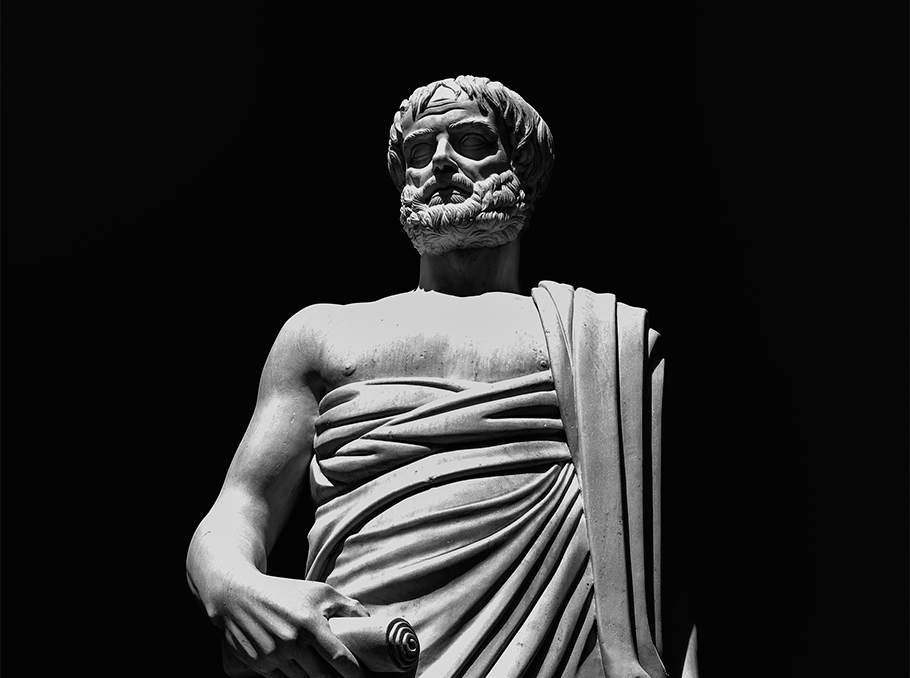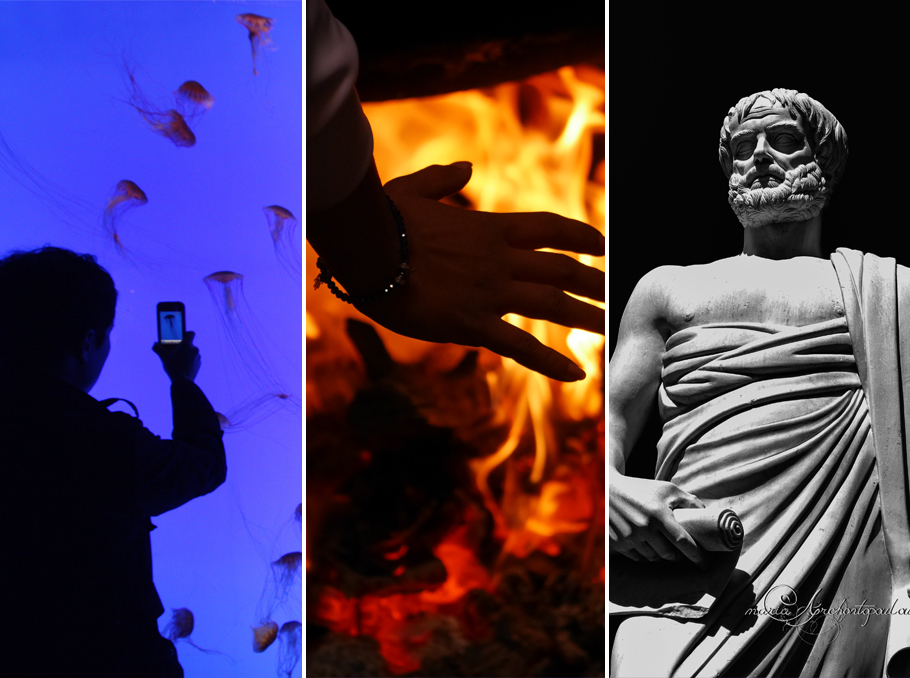Antara Haldar, Associate Professor of Empirical Legal Studies at the University of Cambridge.
In a 1995 speech outlining his “Visions for the 21st Century,” the renowned astrophysicist Carl Sagan called attention to the fragility of human civilization, given our infinitesimally small presence within the cosmos. Our future, he warned, depends entirely on our learning to live wisely and humbly together.
Clearly, we didn’t get the message. Three decades on, our “pale blue dot” is riven by geopolitical turmoil, and the late-twentieth-century hope for an ascendent global liberalism has faded. Faced with such radical uncertainty, the best strategy may be to return to basics. And to explore the most profound of all questions – what is the good life? – there is no better guide than Aristotle, whose Politics and Nicomachean Ethics offer a framework that is strikingly relevant for this age of moral confusion and civic fragmentation.
Unlike the modern liberal tradition, which exalts individual autonomy, Aristotle began from a different premise: human beings are not self-contained units, but social animals whose flourishing depends on the cultivation of virtues within a political community. To live well is not simply to do what one wants; rather, it requires the cultivation of character through lifelong education and habituation, and engagement in a shared civic life. (Not incidentally, the contemporary appeal of many nationalists and populists is that they offer a vision of the good life.)
Aristotle’s perspective stands in stark contrast to the libertarianism that long defined the traditional right (at least until recently) and the expressive identity politics of the left. He reminds us that liberty is not simply the absence of constraint, and that justice is not merely the fair distribution of rights. True freedom, as he saw it, is the capacity to govern oneself wisely and ethically in concert with others; and true justice is found not just in abstract rules, but in practices that enable people to lead lives of purpose, dignity, and excellence.

This language has been lost in our current political culture. We legislate on the basis of competing claims of rights – my right to speak versus your right to be protected versus their right to be included. But without a shared conception of our common purpose – our telos – we end up trapped in zero-sum battles over whose individual preferences and identities should take precedence. The result is “hyper-politics”: a state of endless moral contestation without moral grounding.
Aristotle could provide the shared lexicon that we need. He saw politics as not simply a mechanism for allocating power, but as a means of cultivating virtue (excellence). A well-ordered polity does not just prevent harm; it forms good citizens, by nourishing responsibility, deliberation, courage, moderation, and concern for the common good.
Contrast this conception with today’s world. Our institutions often function like marketplaces of grievance, where attention, status, and outrage have the most purchasing power. Our media ecosystems – especially online – are designed to encourage tribalism. Our education systems increasingly avoid speaking of moral formation at all, lest they be accused of politicization. And our politicians have gone from exemplars of public character to its antithesis.
From the United States and the United Kingdom to India and Hungary, democracies are struggling not just with polarization, but with a deeper malaise: the erosion of civic trust, the collapse of shared narratives, and the loss of public purpose. What Aristotle called eudaimonia – individual flourishing through participation in a just, well-ordered community – has been replaced by a hollow conception of success, narrowly defined as wealth, media virality, or personal power untethered from responsibility.

Embracing an Aristotelian conception of politics and the good life would not mean turning back the clock or ignoring the advances of modern liberal democracy. We rightly value rights, pluralism, and protections against tyranny. But Aristotle reminds us that no political system can thrive without a moral purpose that responds to fundamental questions: What kind of people do we want to become? What kind of character should our institutions cultivate? How do we form citizens who are capable of exercising true liberty, as opposed to unfettered license?
Education, in an Aristotelian register, is not just about accumulating skills or knowledge. It is about forming character through exposure to role models, ethical reflection, and active participation in civic life. Political deliberation is not merely a clash of interests, but a joint pursuit of practical wisdom about how to live together well. Leadership is understood not as performance, but as stewardship – an exercise in guiding others toward a shared good.
Such a politics may sound naive in an age of cynicism. But perhaps cynicism has become a self-fulfilling prophecy. The real naiveté lies in believing that we can sustain democracy without cultivating the moral and civic virtues that make it possible. Aristotle understood what too many modern theorists have forgotten: the health of a society depends not just on its laws or its economy, but on the character of its people.

A defining feature of our time is that too many people, educated to view themselves and others as isolated choosers – as Homo economicus – feel powerless, unmoored, and hungry for meaning. Some seek it in identitarian or nationalist projects, and others in market success. But beneath these divergent paths lies a shared longing for purpose, belonging, and dignity. Aristotle speaks directly to that longing, offering not a technocratic fix or a partisan slogan, but a moral vision of politics as a space for human flourishing.
Like the Japanese art of kintsugi – mending broken pottery with gold – Aristotelianism teaches us that the fractured polis of the twenty-first century has the potential to be made whole. The task is not to erase the cracks, but to fill them with virtue, purpose, and a shared conception of the common good.
Copyright: Project Syndicate, 2025.
www.project-syndicate.org

















Comments
Dear visitors, You can place your opinion on the material using your Facebook account. Please, be polite and follow our simple rules: you are not allowed to make off - topic comments, place advertisements, use abusive and filthy language. The editorial staff reserves the right to moderate and delete comments in case of breach of the rules.